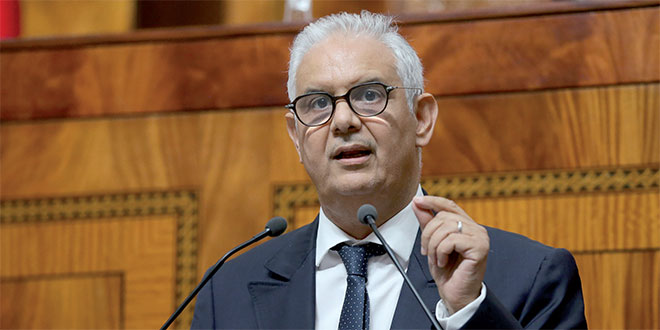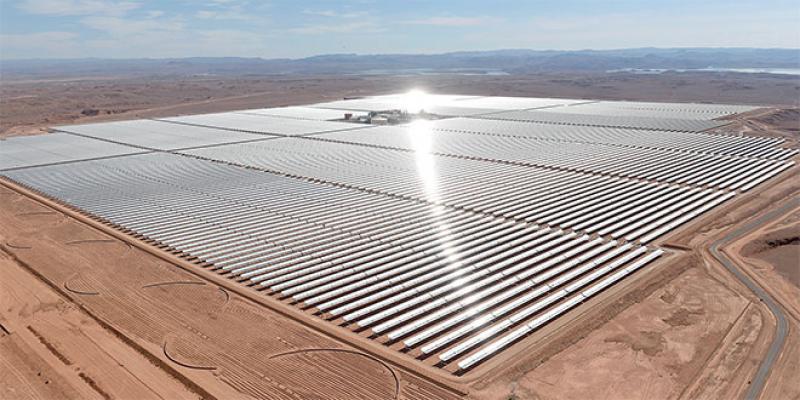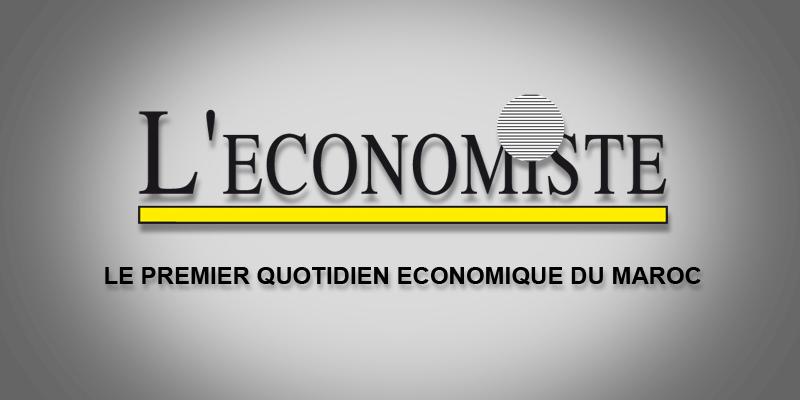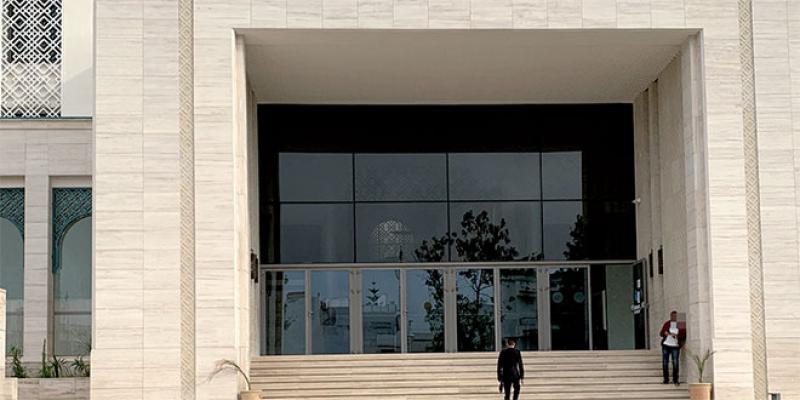Recent rainfall has boosted reservoir stocks, with inflows of around 646 million cubic meters from September to date. Despite this, the filling rate of dams has not exceeded 23.2%, compared with 31.7% last year. Today, water resources are estimated at 3.7 billion cubic meters, compared with 5 billion cubic meters last year.

These rains, recorded in several regions, have reduced the water deficit from 70% to 57% compared with ordinary years, and to 37% compared with last year. These data were provided by Nizar Baraka during the question time session of Monday January 22, 2024 at the House of Representatives. Moreover, the Minister noted that the working meeting chaired by His Majesty the King had enabled a new roadmap to be put in place to tackle these issues. In this context, he announced the start of operations at the new Tiddas and Toudgha, Fask, and Agdès dams. This year, the Ghriss, Amdaz, and Koudiat Barna dams at Sidi Kacem will be put into operation, and work on thirteen other dams currently under construction will be accelerated. To exploit water from dams with dwindling stocks, he plans to install floating pumps to be able to use this water for agriculture and drinking water supply.
The Minister also discussed the acceleration of seawater desalination, in particular the Casablanca station, which will be launched in the coming weeks. The Minister also mentioned the Sidi Ifni station, which will be completed this year. The Dakhla station will be ready in 2025. The Agadir station will be expanded in 2026. In addition, 9 stations will be launched this year or early next year, he noted.
As far as mobile desalination stations are concerned, Nizar Baraka provided some indications. Morocco has more than 42 units in use and 20 new ones in the process of being purchased. The same goes for the three 100-liter-per-second mobile stations to be supplied to Taghazout and the north of Agadir. Brackish water treatment plants will be built in Kalaât Sraghna, Zagora, Taza, Sidi Kacem, Boujdour, Khénifra, Settat, Berrechid, Tinghir, and Tan-Tan. Others will be made available in the Al Hoceima areas.
Drinking water will be supplied to rural areas by 700 tanker trucks.
In addition to these measures, the Minister of the Interior has issued a circular requiring a weekly meeting to be held to assess the water situation in each province.
Mohamed CHAOUI


























